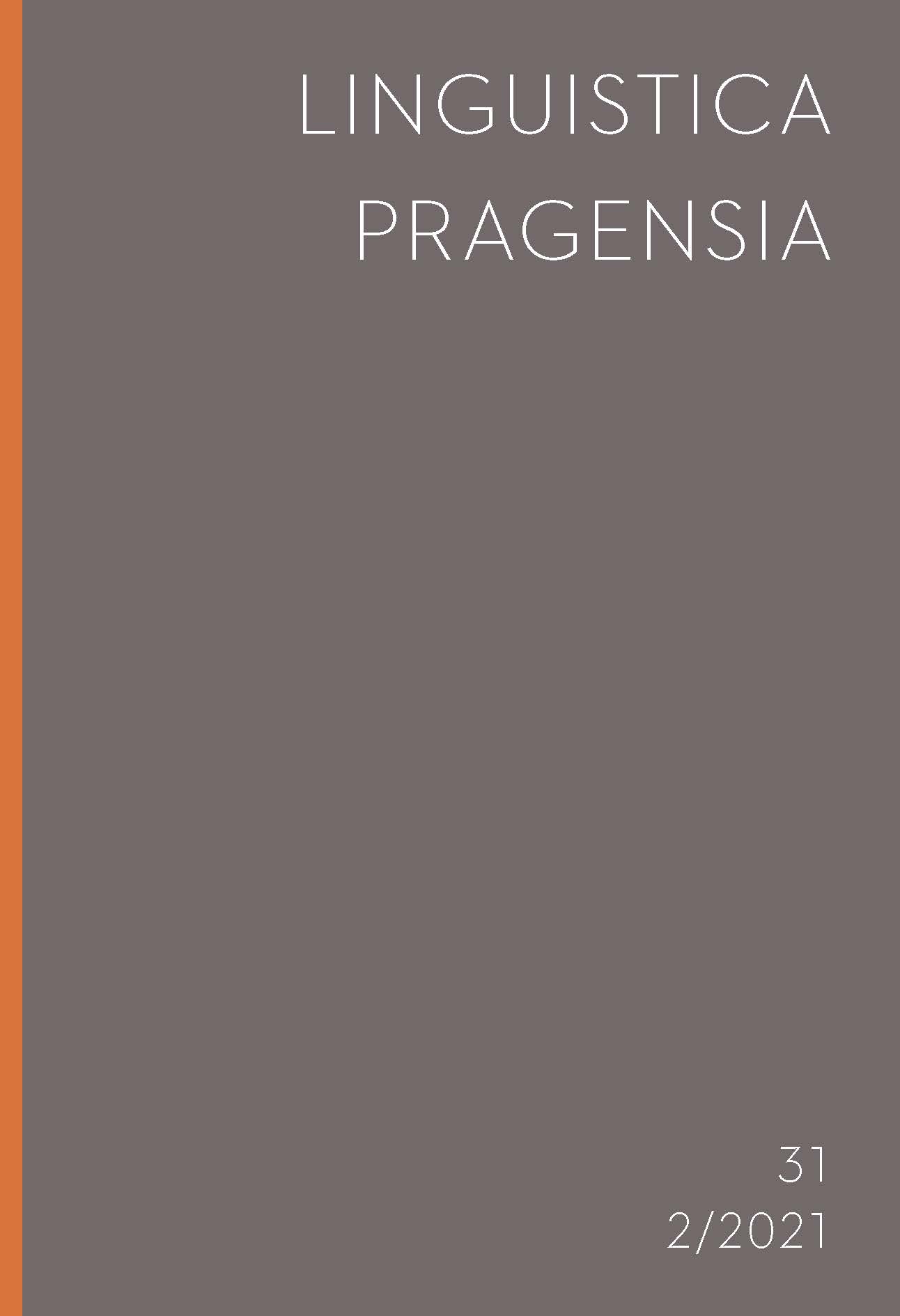Second-language acquisition of the English past-tense: from rules to analogy
Second-language acquisition of the English past-tense: from rules to analogy
Author(s): Lucie Jiránková, Luca CilibrasiSubject(s): Applied Linguistics
Published by: Univerzita Karlova v Praze - Filozofická fakulta, Vydavatelství
Keywords: Analogy; Czech; English; inflectional morphology; past-tense; rules; second-language acquisition
Summary/Abstract: The present study investigates the production of novel morphologically inflected forms in secondlanguage learners of English with Czech as L1. The study attempts to investigate which production model (single- or dual-route) best accounts for L2 learners’ morphological productivity when forming regular past forms of novel words. Additionally, it explores the possible interference effects of L1. 88 English L2 learners and 9 native speakers heard sentences in which a new activity was described with a novel word (The baby likes to dize. Look, there it is dizing. Everyday it dizes.) and past-tense forms were elicited (So yesterday it…). The results revealed that for native speakers the likelihood of a verb being produced in a regular past-tense form was inversely related to its phonological similarity to existing irregular verbs (replicating previous studies). L2 speakers showed a development in this direction: While for the A1 to B1 participants similarity to existing irregulars did not matter, B2 and C1 participants appeared to be sensitive to these similarities and behaved comparably to native speakers. In addition to the form analysis, the reaction-times results showed that the lowest language levels used their L1 as a performance facilitator (with slower performance with novel words that do not respect the phonology of the participants’ L1), while proficient learners and native speakers were not sensitive to this property of the novel words. The results suggest that the L2 acquisition of the English past-tense is characterized by a development from the mastery of mechanistic rules to the refinement of their application based on analogical patterns extracted from existing verbs, with Czech promoting the production at the earliest proficiency stages.
Journal: Linguistica Pragensia
- Issue Year: 31/2021
- Issue No: 2
- Page Range: 188-213
- Page Count: 26
- Language: English

